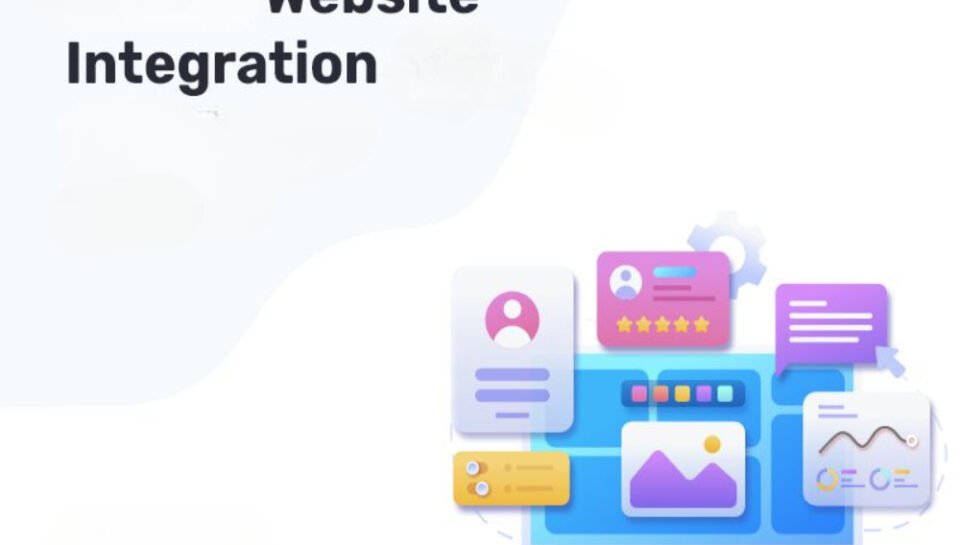
Can a website integrate multiple payment gateways simultaneously?
Multiple Integrations Are Possible
- Businesses can use two or more gateways to offer payment flexibility and failover options.
- It allows fallback routing if one gateway experiences downtime or low success rates.
- Different gateways can serve different user groups (domestic vs. international).
- This is common in large e-commerce and travel platforms to optimize conversions.
- Some CRMs and CMS platforms support multi-gateway plugins or add-ons.
Use Case-Based Gateway Assignment
- Assign Razorpay for UPI and card payments, and PayPal or Stripe for global cards.
- Use a high-speed gateway like Cashfree for payouts and settlements.
- Large businesses use CCAvenue or BillDesk for enterprise-specific banking integrations.
- Certain gateways offer better EMI, wallets, or international features — assign accordingly.
- Split methods by product category, region, or checkout type.
Integration Architecture
- Gateways can be embedded individually or configured behind a payment router or logic layer.
- A custom checkout page can dynamically show different gateways as options.
- WooCommerce and Magento support multi-gateway configurations via plugins.
- API-based integrations need separate logic to handle responses and callbacks for each gateway.
- Always verify that duplicate transaction IDs don’t conflict across gateways.
Operational Considerations
- Settlement reports, reconciliation, and refunds must be tracked per gateway.
- Merchant support and dispute resolution will vary depending on the provider.
- Refund policies, tax handling, and transaction charges may differ between gateways.
- Display transparent fees, options, and estimated timeframes to customers.
- Use a unified dashboard tool or custom reporting layer to consolidate analytics.
Legal and Compliance Factors
- Ensure all gateways are RBI-compliant and follow tokenization mandates.
- Sign agreements separately with each provider and adhere to their terms.
- GST invoices must reflect accurate gateway charges from each provider.
- Maintain data logs and audit trails per integration for regulatory scrutiny.
- Inform users if a third-party processor is handling their payment securely.





